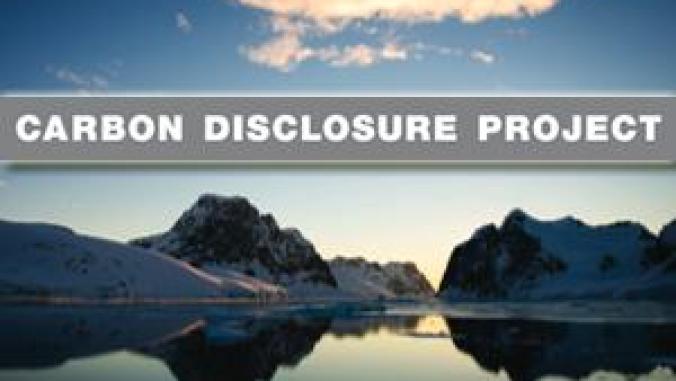Insurers Must Reveal Climate Change Risks
The National Association of Insurance Commissioners (NAIC) approved on Tuesday the world's first climate risk disclosure requirement for insurers with annual premiums topping $500 million.

Insurers must disclose climate change risks to investors and regulators for the first time beginning in 2010.
The National Association of Insurance Commissioners (NAIC) voted Tuesday to require the annual filing of Insurer Climate Risk Disclosure Surveys for insurance companies with annual premiums topping $500 million.
The new rule, set to begin May 1, 2010, is the world's first climate risk disclosure requirement, according to Ceres, the investor advocacy nonprofit that worked with NAIC over the past two years to develop the disclosure framework. Ceres President Mindy Lubber called Tuesday's vote a "wake-up call" about the climate change-related challenges faced by an insurance industry whose worldwide managed assets exceed $16 trillion.
"The fact that the regulators responsible for overseeing the solvency of the world's largest industry have taken the significant step of requiring climate risk disclosure should send a clear signal to policymakers in Washington that the time to deal with climate change is now," Lubber said in a statement.
The move will help regulators assess the solvency of their states' insurance companies and their exposure to risk from extreme weather events linked to climate change, such as wildfires, drought or flooding. They must also report: changes in risk management and catastrophic modeling to account for climate change; how they're engaging customers and policymakers on the issue; and whether climate change risks are impacting their investment strategies.
"One painful lesson of the current economic meltdown is the need for increased attention to corporate risk management," Jack Ehnes, CEO of the California State Teachers Retirement System (CalSTRS), said in a statement. "These disclosure requirements will finally create consistent and comparable information for investors to determine the real steps insurers have taken to assess important risks."
Though climate change is raising alarm over "correlated risks" -- when underwriting losses grow at the same time the value of the invested assets used to pay off the claims diminishes -- there are also opportunities for insurers to create and sell environmentally-focused products.
For example, some companies like Travelers Insurance offer small- and medium-sized businesses coverage to adopt green building elements in the event of a covered loss.
Meanwhile, European insurers have long warned about the hazards of climate change for insurers; Munich Re and Swiss Re also agreed to adopt the Climate Principles to help them manage climate change risks across their services and products.
"Fire" -- CC licensed by Flickr user radmammajamma.




